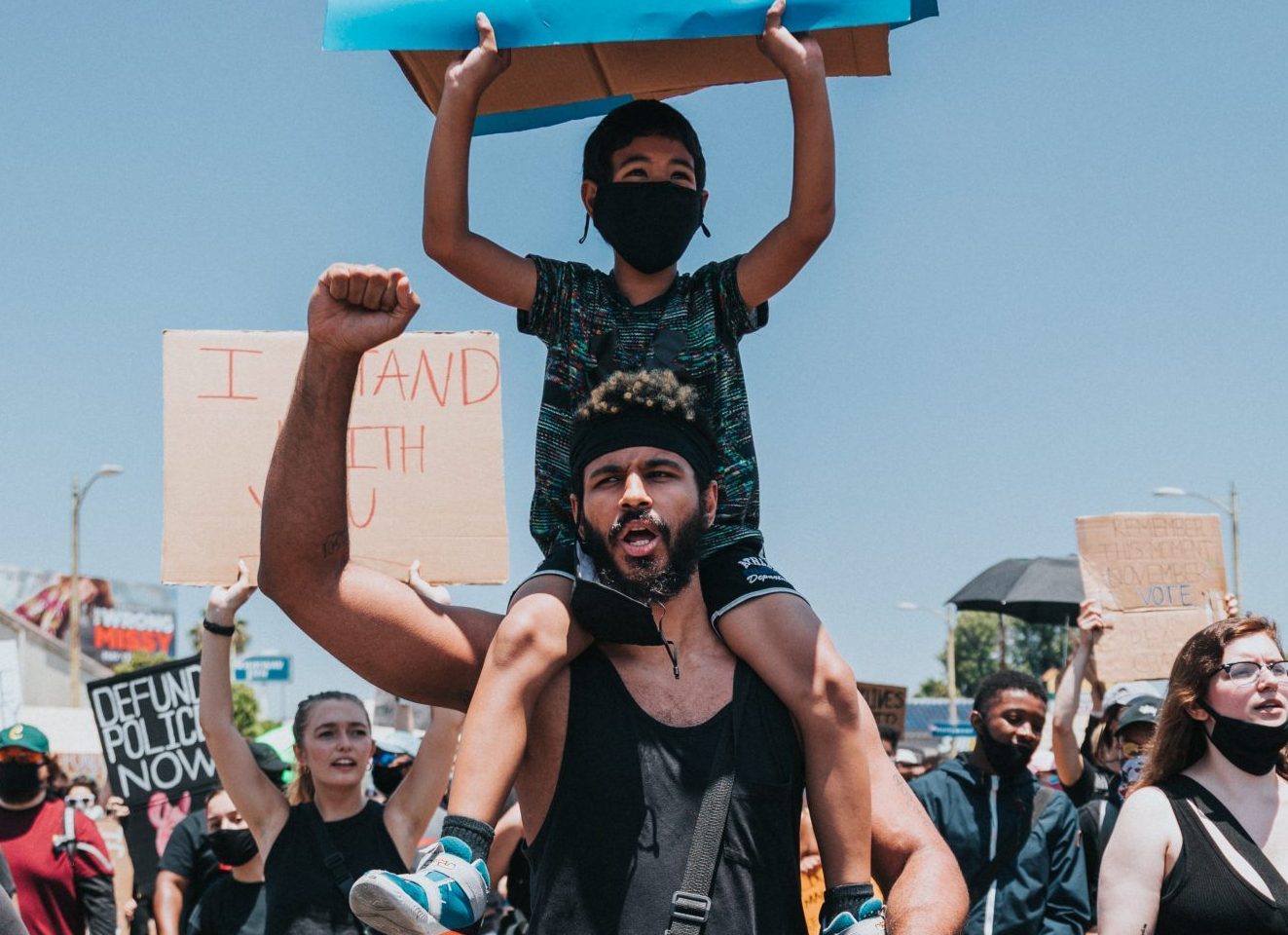There might be a misconception that children are too young to learn about race. However, it is usually adults who feel uncomfortable talking about racial differences with their child because it may “put ideas in their heads.” Or other adults may feel that children cannot see or understand race because they are so young, which is why conversations about race and racism go unexplored.
- Children learn most of their information through direct teachings and modeling from their parents, which is why it is important that parents have meaningful conversations with their children about these issues.
- There is an overwhelming amount of research showing that children are not only able to recognize race during infancy, but they also develop racial biases and prejudices between the ages of three and five.
- Children are not colorblind but rather are blank canvases. They cannot develop biases and prejudices about race until they are specifically taught to do so.
So what can parents do to start open and honest conversations about race with their children?
Parents, be aware of your own biases
The first step parents can take is to understand their own implicit and explicit biases. Explore how these inclinations can mislead or misdirect your children’s perceptions of difference, race, and diversity. Instead of waiting for others to teach you, take it up on yourself to listen, learn, and ask questions about how your long-held beliefs may be creating barriers and influencing judgment.
Some reflective questions to ask yourself: How do I navigate race ? How do I discuss race in front of my family ? How do I own up to my mistakes of racism ?
Use books
Books are a collaborative and educational resource for you and your child to have direct conversations about race. Stories connect the readers to the information being told, whether it may be about how we celebrate different holidays, honor people of color, or cherish moments in history. They can also be stepping stones to ask thought provoking questions like: What was the story was about ? How were the subjects in the story treated ? Were there themes of discrimination, prejudice, or privilege present ? How does this story relate to my own understanding of race ? Do not underestimate children and their ability to understand and absorb these complex and important issues.
Recommended Books:
- All the Colors We are (Age 3-6)
- Don’t Touch my Hair (Age 4-7)
- Mixed (Age 4-8)
- Let’s Talk about Race (Age 4-8)
- The Proudest Blue (Age 4-8)
- New Kid (Age 8-12)
- Young Water Protectors (Age 9-12)
Teach your child to own up to their mistakes
Inevitably, your child will say or do something explicitly or implicitly racist and in these moments you can teach your child a valuable lesson about responsibility. This can equip them with the tools to learn and understand the harm that was done and what they can do to repair it. There may be an inclination for your child to defend, excuse, or blame others for these mistakes; however, this is an opportunity to teach your child how they can repair ruptures using remorse and self-responsibility.
Ask your child how they feel – directly
Having direct heart to heart conversations about how your child perceives race and racism can create dialogues about what they are seeing, thinking, and believing. Over time, these conversations will evoke trust, acceptance, and understanding between you and your child. By no means is navigating race and racism easy. However, talking openly with your child and giving them a space they can be curious, will reinforce the belief that they can come to their parents to process and explore these difficult topics.

Written by: Geetha Pokala, LPC











